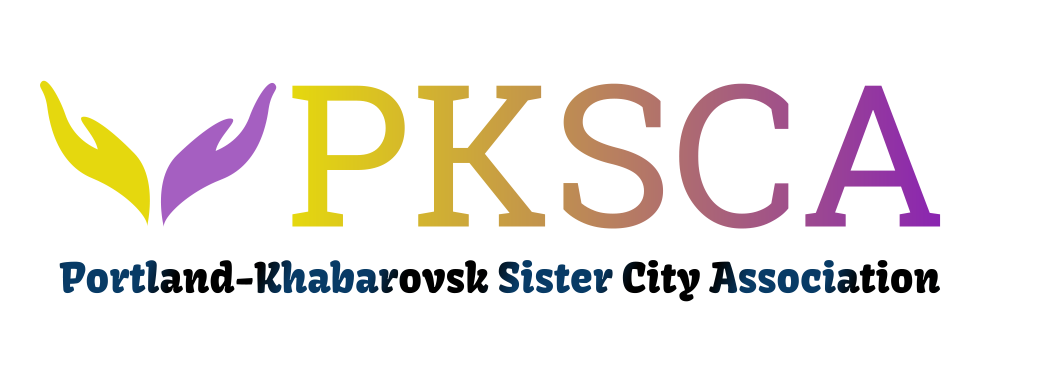The Portland-Khabarovsk Sister City Association held a public forum on the Russia-Ukraine Relationship on February 17, 2022. Contextually, the Russian Federation had recently recognized certain “breakaway” regions within Ukraine’s legally defined borders as independently sovereign. The objective of the forum was to provide attendees with a fact-based, non-biased and non-political analysis of the Russia-Ukraine relationship. Panelist Alan Ellis, a past-president of the Association, provides the following summary of his forum discussion with Dr. Earl Molander and Dr. Leah Gilbert.
Putin’s logic: Russians and Ukrainians are one people with a common heritage; therefore Russian-Ukrainian partnership is a necessary predicate for Ukrainian sovereignty. Moreover, Ukraine was a creation of the Soviet Union. True or false?
These assertions were under the microscope at our forum.
Fact: In the beginning, Russians and Ukrainians were one people—Slavs.
Fact: Slavic tribes were united under the rule of Scandinavian Vikings (Varangians).
Fact: Common Russian-Ukrainian linguistic and religious roots can be traced back to the medieval Slavic-Varangian empire of Kievan Rus.
Fact: Mongol invaders destroyed Kievan Rus in the 13th century and were sovereign over Rus for more than two centuries.
Fact: After the defeat of the Mongols, Tsarist and Soviet Russia, successively, held sovereignty over Ukraine for the better part of five centuries. 15 Soviet Republics were established following the Russian Revolution, Ukraine and Russia being two of them, but the central government in Moscow remained dominant. Upon the breakup of the Soviet Union in 1991, Ukraine declared its independence, as did the other former Soviet republics, with nation-state status recognized by every member of the United Nations, including Russia.
Conclusion: While Russians and Ukrainians do indeed have a shared ethnic heritage, sovereignty over the centuries has been predicated not primarily on these cultural commonalities, but on political and military power (as has been the case with countless other cultures around the world). Moreover, despite the common ancestral roots of Russians and Ukrainians, distinct differences evolved over the centuries in language, religion, and cultural traditions, thus contributing to Ukraine’s aspiration for self-determination as a sovereign nation, which in 1991 was transformed into a legal reality.

Bonnie seal
I just noticed your forum on Russian-Ukraine relations, and unfortunately I missed it. Just wondering if the Zoom session was recorded,and if it might be still possible to see it.
Thanks so much